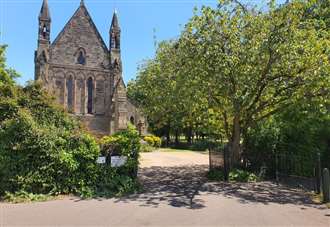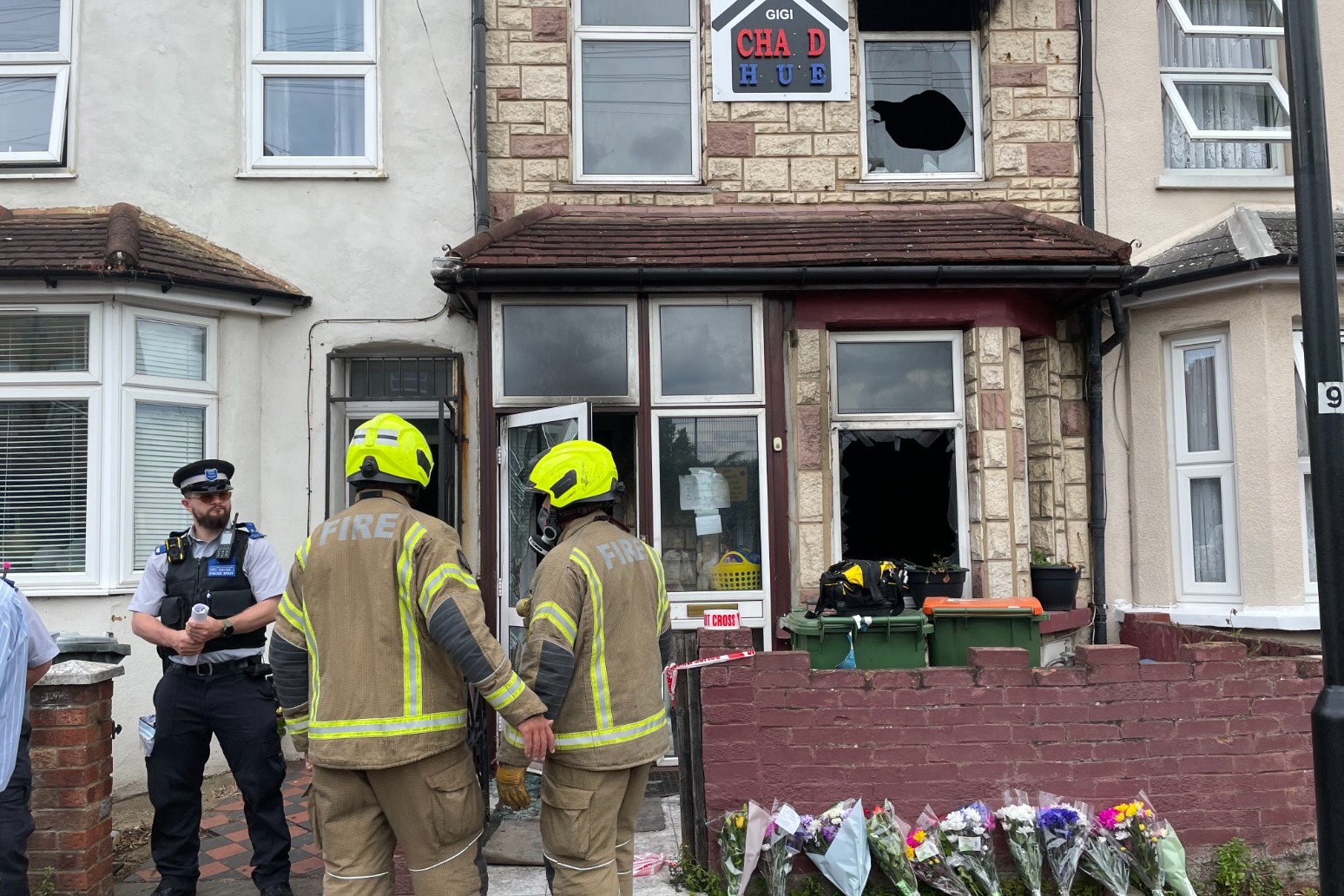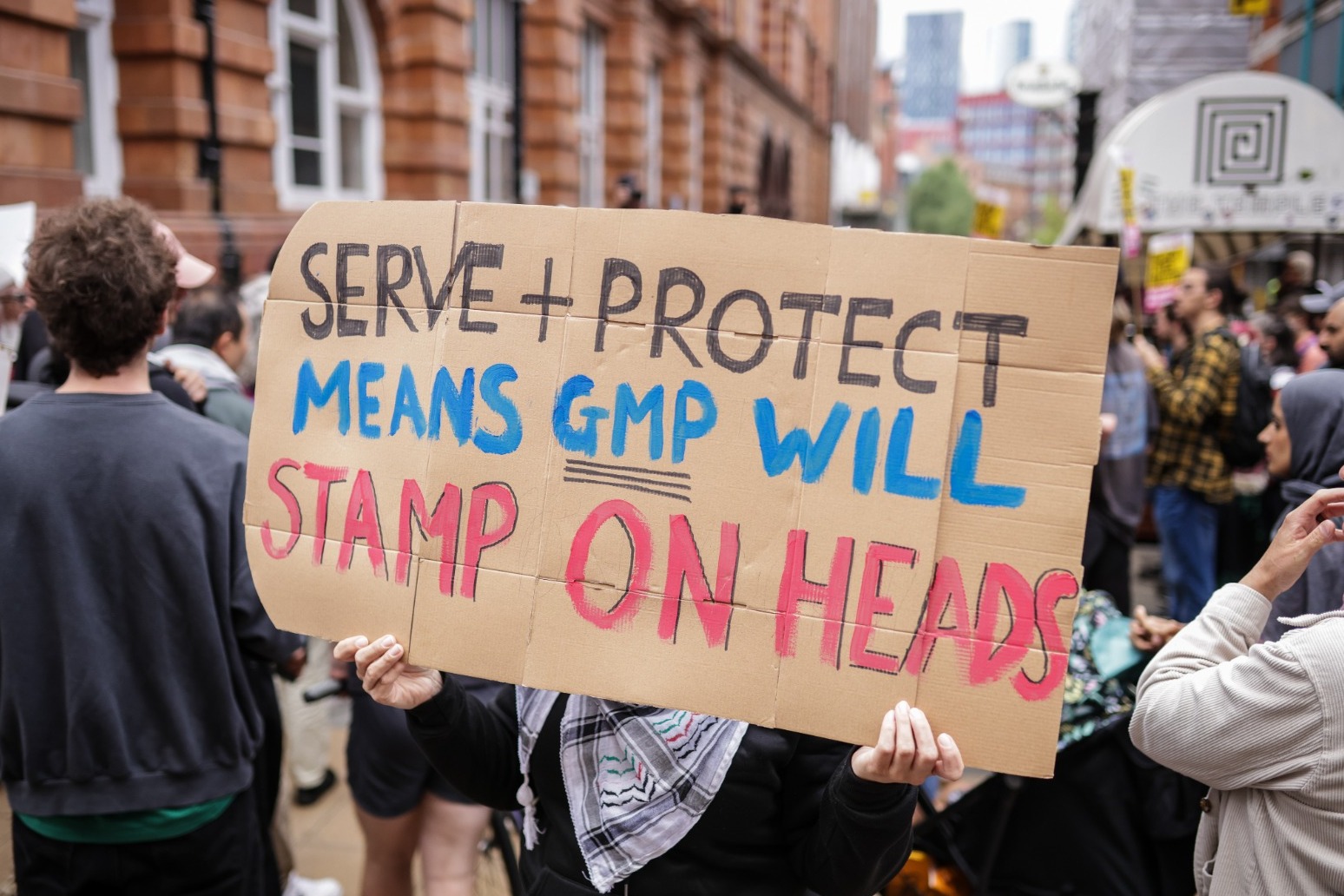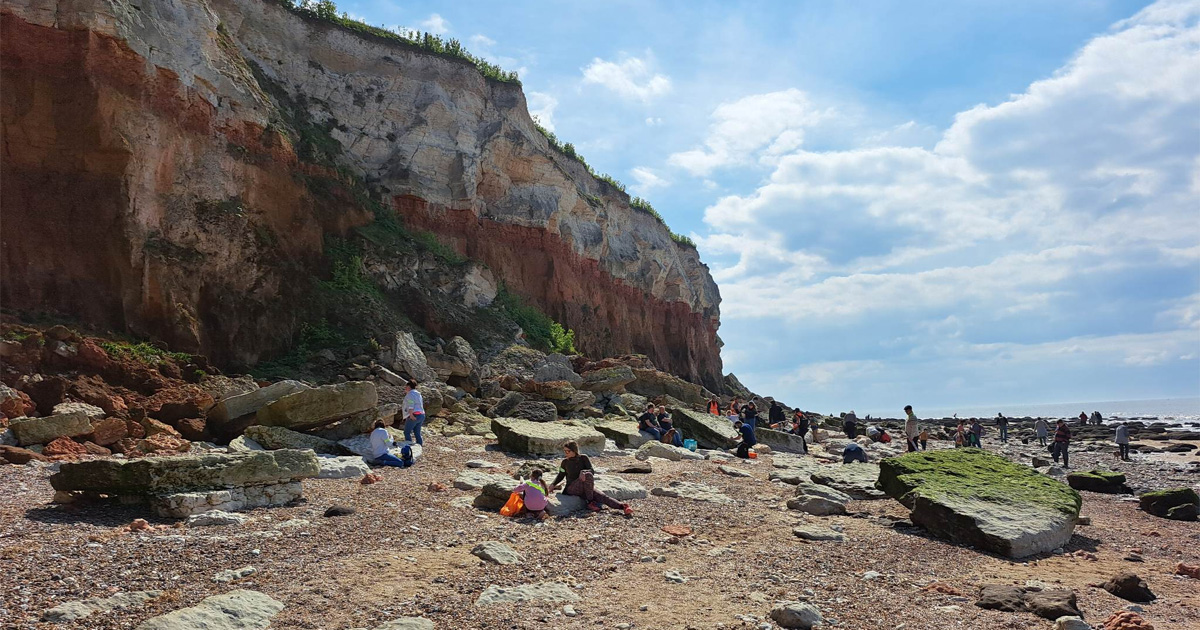
A former royal footman who was found dead in bushes at St John’s Church in Lynn had been allowed to slip through the support net, an inquest has heard.
The body of Malcolm Livingstone, 44, was discovered by a passer-by on November 16, 2021, an inquest at Norfolk Coroner’s Court heard on Wednesday.
The post mortem found the cause of death to be hypothermia, with a significant background contribution from liver cirrhosis.
It is believed Malcolm, who worked at Buckingham Palace as the Queen’s footman for more than a decade, had served as an RAF sniper in Bosnia, Kosovo and Iraq.
The court was told he had been diagnosed with Post Traumatic Stress Disorder (PTSD) and had received mental health support from Norfolk’s Wellbeing service.
He also received support for drink-related issues, having previously appeared in court on drink-drive charges, but the court heard a toxicology report found no evidence of alcohol or drugs in his blood the day he died.
A large portion of the seven hour inquest hearing concerned the failure to allocate Malcolm emergency accommodation following his first contact with support services 11 days before he died.
It also highlighted errors in record-keeping which allowed Malcolm to slip through the support net.
But during the inquest, Malcolm’s father Allan Livingstone said although there were clear shortfalls in the way his son was cared for, he accepted “everybody did their best” to help him.
“Fundamentally, Malcolm died through eight years of not really looking after himself properly,” he said.
And he added: “He cared so much for others that he forgot to care for himself.”
Shortly before he died Malcolm had been living with his parents in West Winch. Due to his recurring drinking problems had been asked to leave temporarily, and although his parents continued to support him with meals and help finding accommodation, he had then been “sofa surfing” before finding himself with nowhere to stay.
On November 5 he sought overnight accommodation from King’s Lynn Night Shelter, a charity based next door to St John’s Church in Blackfriars Road, but it had no free rooms.
Due to government safeguarding rules, the shelter was only allowed to house one person per room, so staff gave Malcolm a blanket and sleeping bag.
Lucy McKitterick, night shelter coordinator, described Malcolm as “polite and courteous” and as a “gentleman” during the exchange.
The shelter had an agreement at the time to discuss all requests it received for accommodation with West Norfolk Council’s housing team. Council staff then spoke to Malcolm but did not regard him as requiring urgent accommodation.
The council then took no further action with regards Malcolm in the 11 days prior to his death.
Malcolm next approached the night shelter on the afternoon of Sunday, November 14, two days before he was found dead, the court was told.
Staff had one vacant room and attempted to contact the council’s housing team to discuss Malcolm’s case.
The council’s out-of-hours service said there was nobody available over the weekend, and so the shelter decided to offer Malcolm the room. However, attempts to contact him via his mobile phone failed to get a response.
Malcolm’s father told the court he believed his son had not been using his phone by then, as he had also not been able to make contact that day.
In a statement to the court, Mr Livingstone senior said his son spent 11 years as the Queen’s footman before becoming her deputy sergeant footman.
He had been dismissed from his role at the palace in 2015 due to his drinking problems. He said Malcolm had later suffered multiple fractures during a car accident, adding: “He was never quite the same afterwards.”
He said Malcolm lost several jobs due to his addiction to alcohol, but had made progress in the summer of 2021 when he had 10 weeks of counselling.
However, things declined again and in November 2021, Malcolm’s parents asked him to leave home as a “short, sharp shock” to make him realise how badly his behaviour was affecting them.
“We did not know he had been diagnosed with PTSD,” said his father. “None of his friends knew either.”
And he added: “We feel guilty we could not help him.”
Mark Whitmore, the borough council’s assistant director for health, wellbeing and public protection, who led the council’s internal investigation following Malcolm’s death, admitted the council should have done more to help Malcolm.
He said: “Malcolm was presenting in a way in which he didn’t appear to be particularly vulnerable but there were opportunities to assist him that were missed and there were structural and training issues that need to be addressed.”
Nikki Patton, the council’s housing manager, added: “Malcolm should have been offered accommodation [on November 5] pending an investigation. We could have done better and we should have done better. That’s the area we want to make sure doesn’t happened again.”
Assistant Norfolk Coroner Samantha Goward said in her narrative conclusion: “Malcolm died as a result of hypothermia, as a result of sleeping outside when he found himself without accommodation which should have been provided under the Everybody In Government initiative.”
She said she was satisfied the agencies involved had addressed the concerns raised by the inquest and had improved procedures since Malcolm’s death, so she would not be producing a Preventing Further Deaths Report.
A West Norfolk Council spokesperson said, following the inquest, that procedures have been improved following a review of the authority’s actions and decisions undertaken in early 2022.
They said: “We were extremely sorry to learn of Malcolm Livingstone’s untimely death in November 2021.
“It is clear that his situation was complex and of long standing but also, reading the statements of his family, that he was much loved.
“We acknowledge the coroner’s finding that there were missed opportunities to help Malcolm in our interactions with him.
“In early 2022 we concluded a review of our actions and decisions. We have subsequently improved our procedures to ensure that we have a consistently high standard in our approach to helping people who are at risk of rough sleeping, as recognised by the coroner.”













